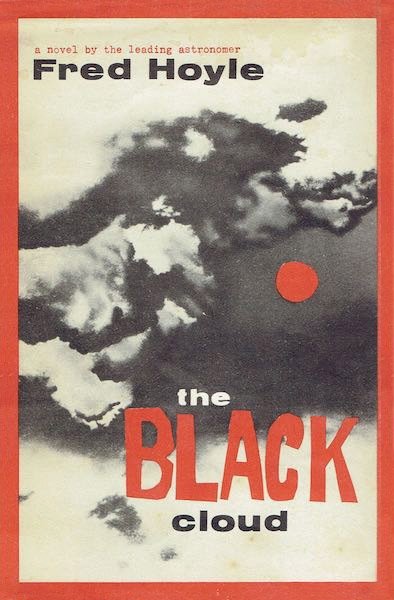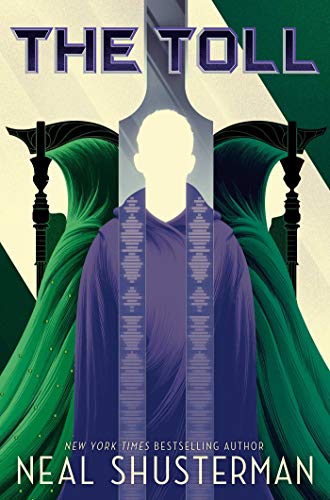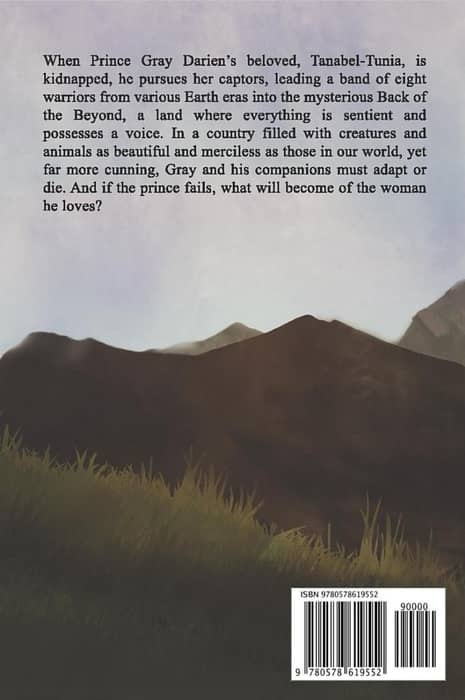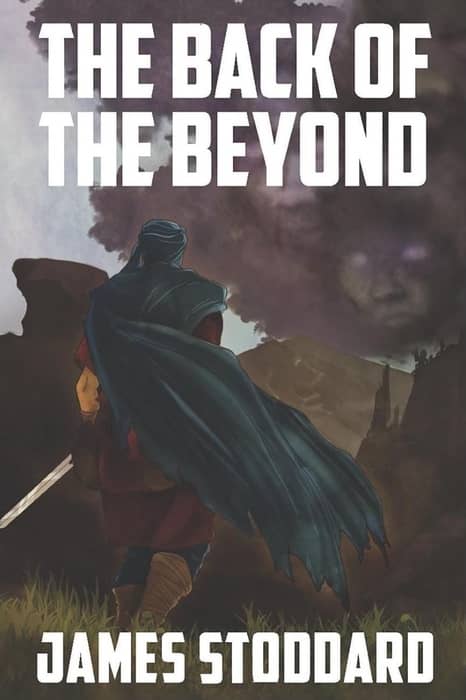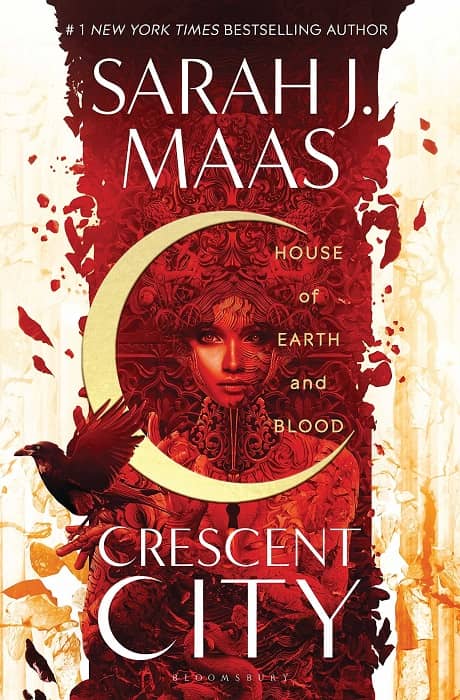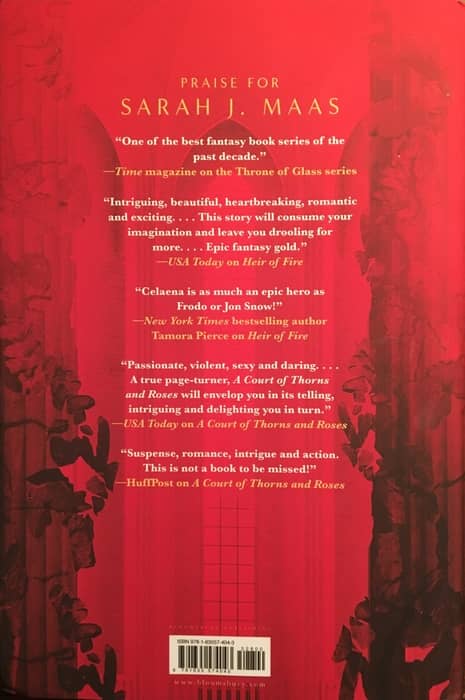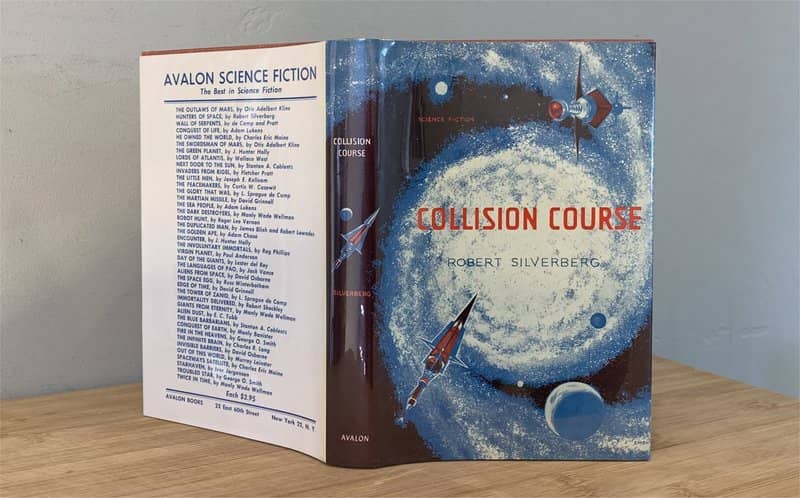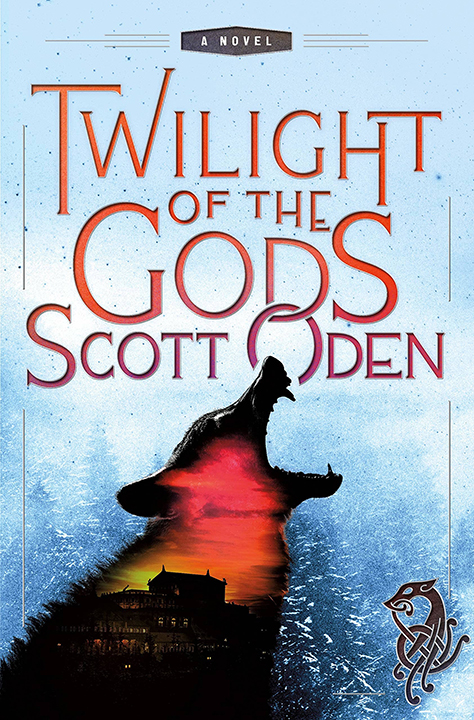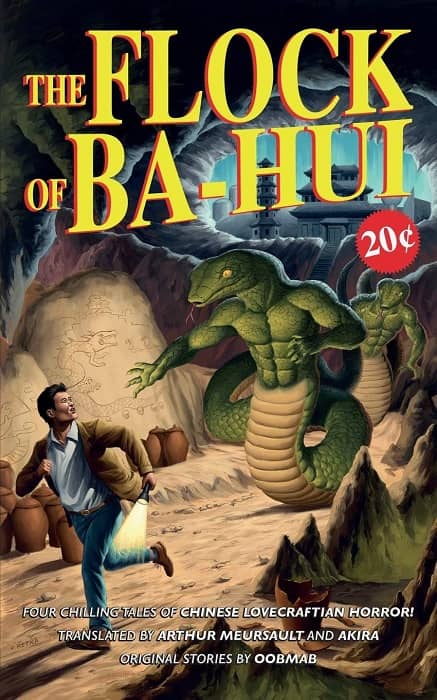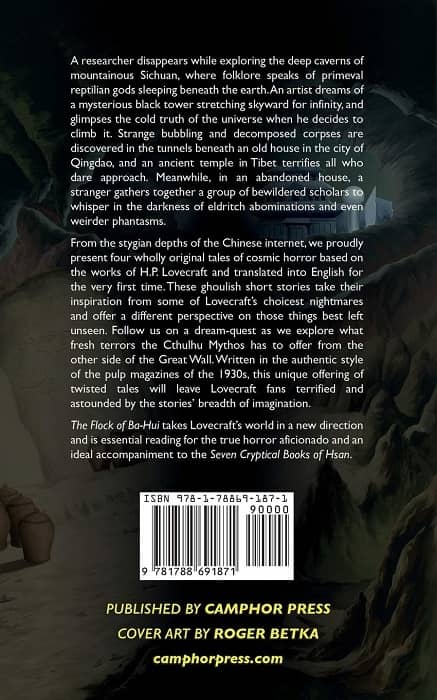Weird Fiction at its Best From a Modern Scheherazade: We All Hear Stories in the Dark by Robert Shearman
We All Hear Stories in the Dark
by Robert Shearman
PS Publishing (Three volume set, 586/628/585 pages, £90.00, April 2020)
How can a reviewer comment meaningfully on a three-volume collection featuring 101 stories? (That’s right, you read correctly). Simply impossible.
Yet this huge, unusual opus is worth a mention, and a recommendation. First, because the writer is one of the very best fantasists around, the author of excellent, critically acclaimed collections such as Remember Why You Fear Me and They Do the Same Things Different There. And second, because among these many tales you’ll find an exceptional variety of dark and strange genres, from horror to surrealism, black humor to fantasy to (even if only apparently) mainstream literature. Some of the stories collected here have previously appeared in anthologies and magazines, some are brand new.
To get lost in this literary ocean is very easy, so if you don’t feel like reading each piece in the order presented, you can follow the author’s indications and suggestions, and jump from one volume to the other according to a personal roadmap. Whatever you decide, Shearman, this modern Scheherazade, will entertain you and entice you with his uncanny gifts as a storyteller.

